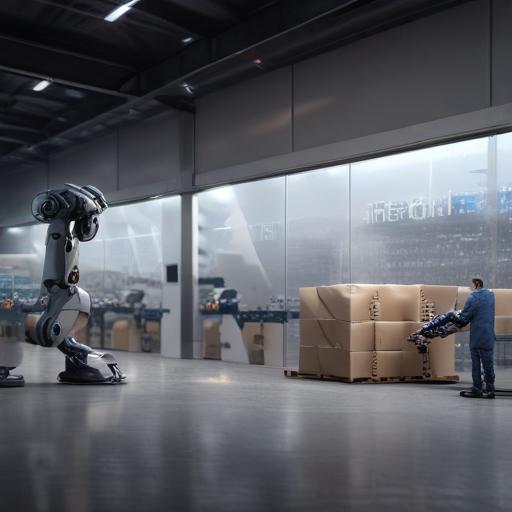In a recent memo, Amazon CEO Andy Jassy informed employees that he anticipates the integration of artificial intelligence at the company will lead to a reduction in the corporate workforce. Jassy stated, “In the next few years, we expect that this will reduce our total corporate workforce as we get efficiency gains from using AI extensively across the company.” The memo, which was also publicly shared, emphasized the potential impact of AI not only on corporate roles but also on positions in Amazon warehouses, highlighting improvements in inventory management, demand forecasting, and robotic efficiency.
The rise of AI in the tech industry is evident, with companies like Meta and Shopify also pushing employees to utilize AI for productivity enhancements. However, this shift raises concerns about potential job losses, spurring discussions about whether AI will serve more as a job creator or destroyer. Notably, Dario Amodei, CEO of AI company Anthropic, recently warned that unemployment could rise to 20% due to AI advancements.
Politicians, including Senator Bernie Sanders and former President Barack Obama, have expressed their worries regarding job elimination driven by AI technology. Meanwhile, Senator Chris Murphy has pointed out that AI companies may be dodging regulations by invoking competition with Chinese advancements in the sector.
Historically, previous waves of automation and AI have disrupted certain job sectors while simultaneously creating new opportunities. A Gallup report highlighted a significant rise in AI usage among U.S. workers, with daily utilization doubling from 4% to 8% over the past year, and regular use among white-collar workers climbing from 15% to 27%.
Following extensive layoffs in 2022, Jassy has emphasized efficiency as a key focus of his leadership at Amazon. He introduced a metric called “cost to serve” aimed at lowering operational costs. In a demonstration of AI’s capabilities, he noted that an AI coding assistant saved Amazon programmers an impressive 4,500 years of work.
Jassy’s memo also showcased Amazon’s AI innovations, including shopping chatbots and a new version of Alexa, named Alexa+, which has recently been rolled out to one million users. He encouraged employees who strive for long-term careers at Amazon to harness AI technology to their advantage.
The future of work at Amazon, given the rapid growth of AI, could present challenges but also opportunities for those willing to adapt and evolve. The hope is that by embracing these technological advancements, employees can secure their positions and contribute significantly to the company’s evolution.
